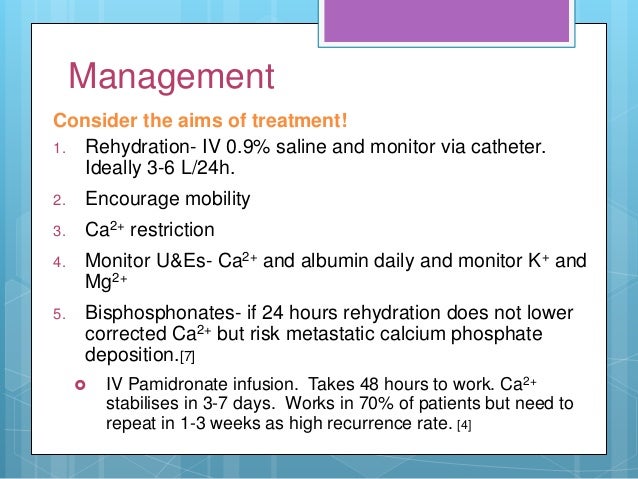Additional agents that are commonly used to treat hypercalcemia in oncology patients include calcitonin and the intravenous bisphosphonates pamidronate and zoledronic acid. The use of bisphosphonates to improve outcomes for patients with cancer is discussed separately.
 Treatment Of Hypercalcemia Of Malignancy Download Table
Treatment Of Hypercalcemia Of Malignancy Download Table
how to treat hypercalcemia in cancer patients is important information accompanied by photo and HD pictures sourced from all websites in the world. Download this image for free in High-Definition resolution the choice "download button" below. If you do not find the exact resolution you are looking for, then go for a native or higher resolution.
Don't forget to bookmark how to treat hypercalcemia in cancer patients using Ctrl + D (PC) or Command + D (macos). If you are using mobile phone, you could also use menu drawer from browser. Whether it's Windows, Mac, iOs or Android, you will be able to download the images using download button.
1 although there is an extensive.

How to treat hypercalcemia in cancer patients. Patients may be able to treat their hypercalcemia simply by eating less calcium. Checking parathyroid hormone pthrp and plasma calcitriol may be relevant especially when the cause of hypercalcaemia is unclear. Hypercalcaemia is the most frequently encountered endocrineelectrolyte disorder in malignancy associated hospitalised patients.
Not all causes of hypercalcemia are dangerous things like cancer or hyperparathyroidism. Treatment to relieve symptoms and side effects such as hypercalcemia is an important part of cancer care. What you eat and drink can end up affecting calcium levels.
Hypercalcemia which is an elevated calcium level in the blood is a serious situation. In patients with cancer hypercalcaemia is most likely to be due to the cancer itself but it is also important to consider other causes such as primary hyperparathyroidism and granulomatous diseases. Primary hyperparathyroidism is the most common cause.
Patients with cancer may have a multitude of laboratory abnormalities of which hypercalcemia is one of the most common. High blood calcium is not common but it can develop due to medical illnesses like kidney failure or cancer. The incidence rate in the uk is 30 per 100000.
It is associated with both liquid malignancies commonly multiple myeloma leukemia and non hodgkins lymphoma and solid cancers particularly breast and renal carcinomas as well as squamous cell carcinomas of any organ. Although bisphosphonates are most commonly used to treat established hypercalcemia they have also been given to prevent hypercalcemia and adverse skeletal events particularly in patients with metastatic cancer to bone. Hypercalcemia is a common laboratory abnormality in patients with cancer and oncologists should know how to identify and treat it.
Hypercalcemia is when a person has a higher than usual level of calcium in the blood. Up to 30 of patients with either solid cancers eg lung and breast or liquid cancers eg multiple myeloma will have hypercalcemia. Hypercalcaemia is an uncommon problem.
Hypercalcemia of malignancy affects up to one in five cancer patients during the course of their disease. It affects mainly postmenopausal women. About 10 to 20 of people with cancer develop hypercalcemiahypercalcemia can be life threatening and should be treated seriously.
Hypercalcemia affects up to 10 to 30 of cancer patients and cancer related hypercalcemia is the leading cause of hypercalcemia in hospitalized patients. 1 2 patients with breast cancer lung cancer and myeloma are most commonly affected but hypercalcemia can also occur with other malignancies including renal gynecologic and head and. The third most common cause of hypercalcemia is simply due to excessive doses of calcium carbonate.
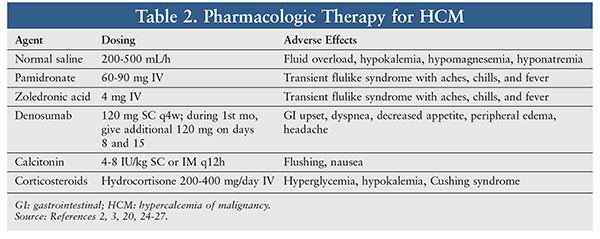 Oncologic Emergencies Hypercalcemia Of Malignancy And Tumor
Oncologic Emergencies Hypercalcemia Of Malignancy And Tumor
 Full Text Hypercalcemia Of Malignancy And New Treatment
Full Text Hypercalcemia Of Malignancy And New Treatment
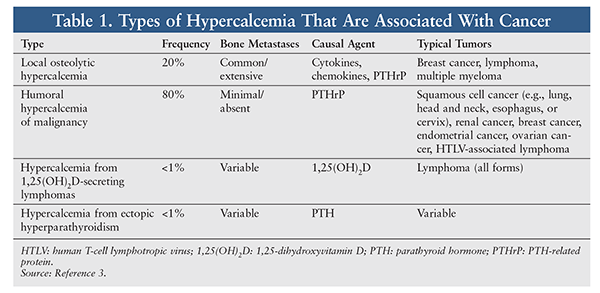 Oncologic Emergencies Hypercalcemia Of Malignancy And Tumor
Oncologic Emergencies Hypercalcemia Of Malignancy And Tumor
 Hypercalcemia Associated With Cancer Nejm
Hypercalcemia Associated With Cancer Nejm
Hypercalcemia Of Malignancy An Update On Pathogenesis And
 Ask Dis Iv Dexamethasone For Treatment Of Hypercalcaemia
Ask Dis Iv Dexamethasone For Treatment Of Hypercalcaemia
 Onco Nephrology The Pathophysiology And Treatment Of
Onco Nephrology The Pathophysiology And Treatment Of
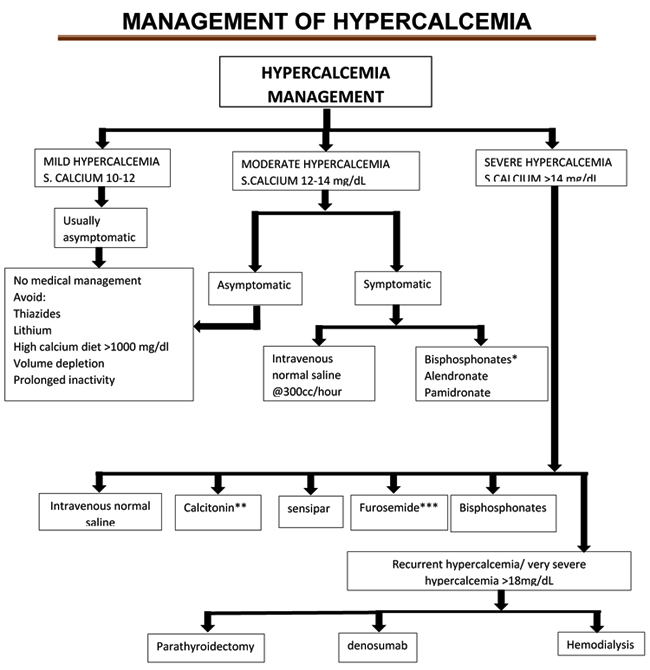 A Simplified Approach To The Management Of Hypercalcemia
A Simplified Approach To The Management Of Hypercalcemia
 Onco Nephrology The Pathophysiology And Treatment Of
Onco Nephrology The Pathophysiology And Treatment Of
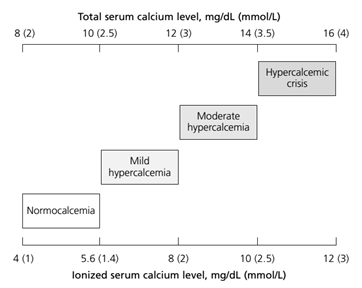 Management Of Hypercalcemia Of Malignancy
Management Of Hypercalcemia Of Malignancy

